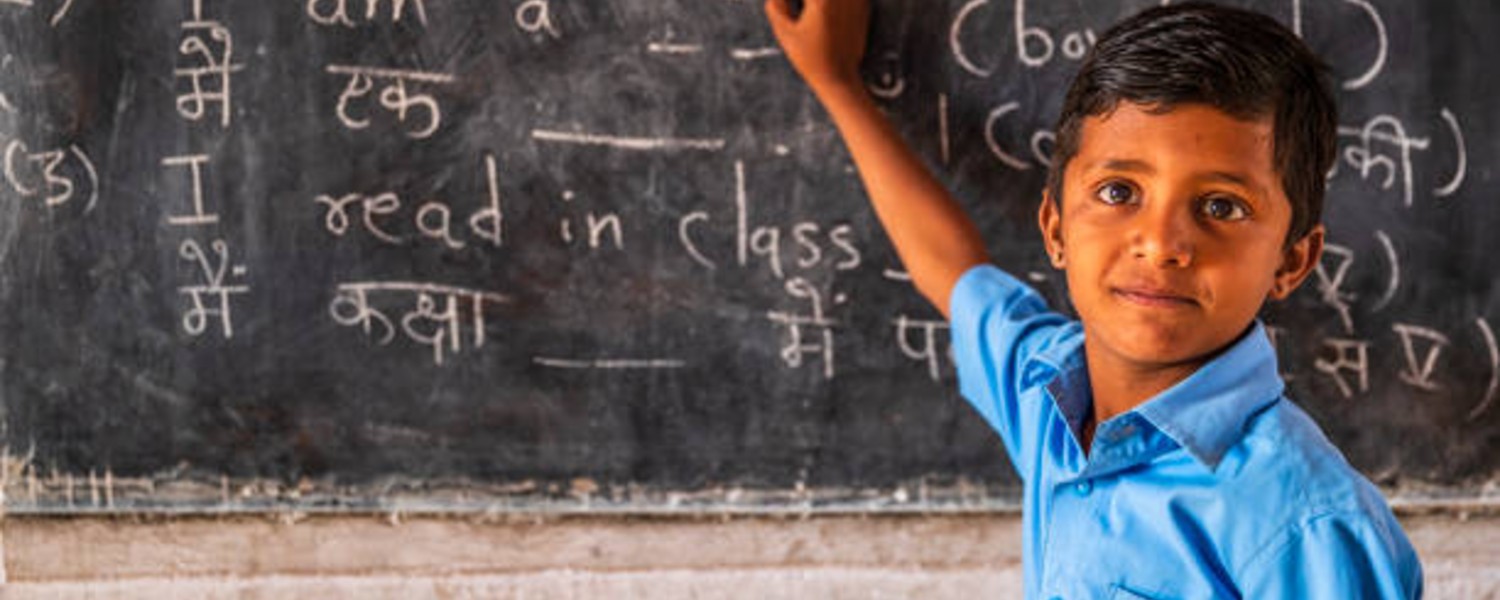India’s RTE Retention Rate Hits 91% in 2025, Defying Odds
The Right to Education Retention Report 2025 by Indus Action reveals a 91% retention rate among RTE students across Andhra Pradesh, Chhattisgarh, Odisha, and Uttarakhand, showing resilience in the face of economic volatility, rural-urban migration, and pandemic impacts.
Despite these challenges, the RTE Section 12(1)(c) provision —mandating 25% seat reservation for economically disadvantaged children in private schools —continues to provide inclusive educational pathways. The report highlights Odisha’s impressive 97% retention, driven by effective state strategies.
The report examined data from the three states and found an impressive retention rate among RTE students.
While the report celebrates this achievement, it stresses the need for more comprehensive tracking of post-RTE outcomes, such as secondary education completion and digital literacy. The report also notes ongoing financial burdens for 61% of families, with 57% struggling to manage school-related expenses.
Overall, RTE is improving access and social integration, with 87% of students participating in school activities and 98% reporting positive peer interactions. However, the need for robust fee reimbursement mechanisms and long-term tracking systems remains crucial for the program’s sustainability.
Highlights:
Inclusive Education: 87% of RTE students participate in school activities, and 98% report positive peer interactions, reflecting RTE’s focus on social integration and holistic development.
Digital Divide: 81% of RTE students form friendships across socio-economic lines, but 61% face difficulties with school-related expenses, and access to digital learning tools remains a concern.
Financial Strain: 57% of families find school expenses “quite difficult” to manage, pointing to the need for better fee reimbursement systems.
Also read: Deadline extended for submission of online applications for NMMSS scholarship
















Add comment